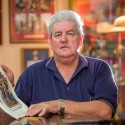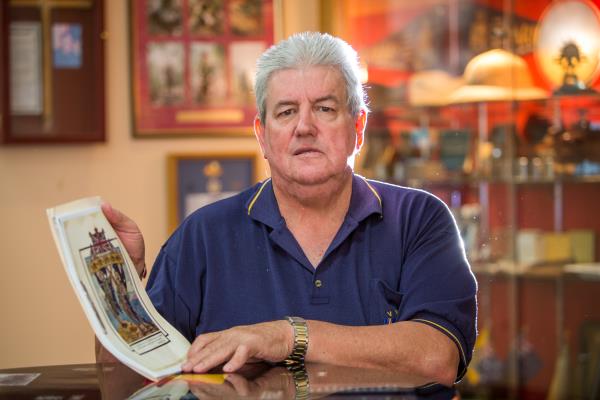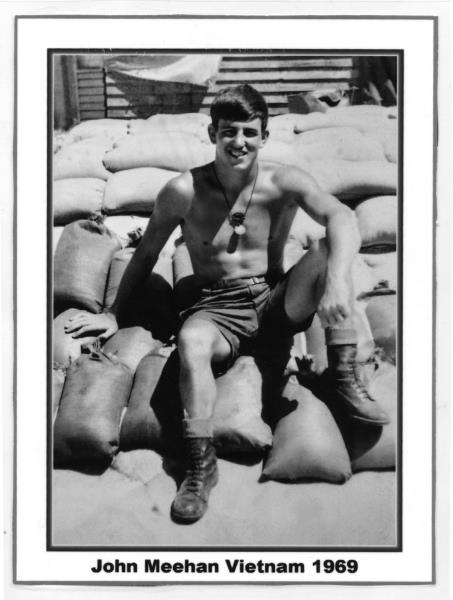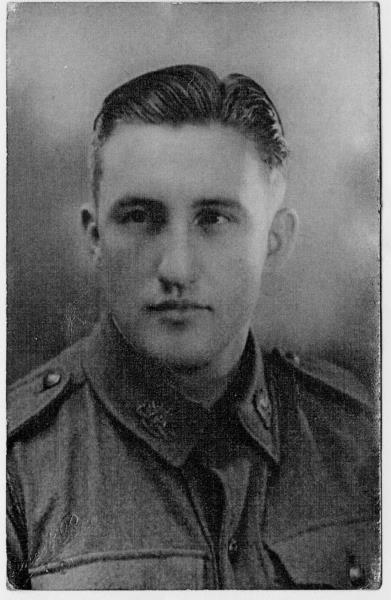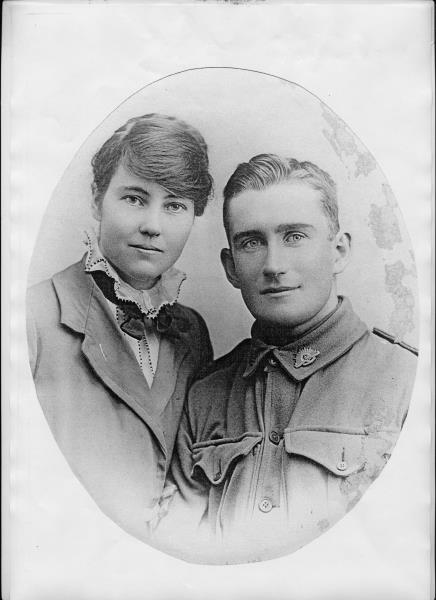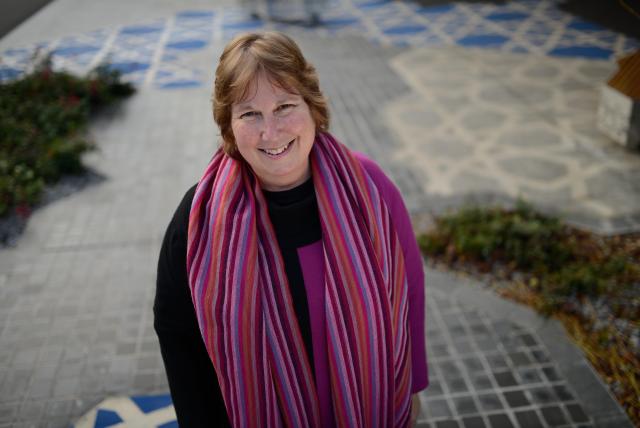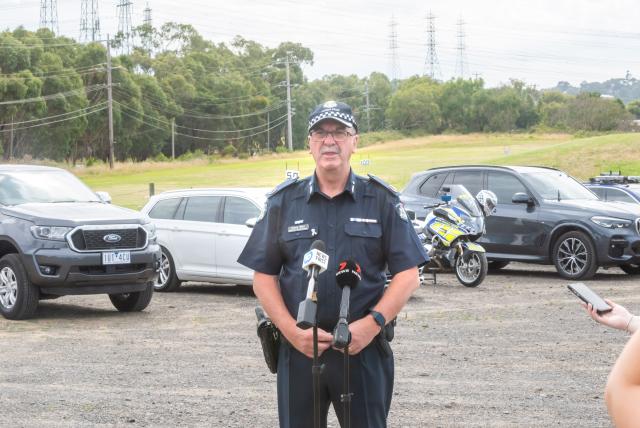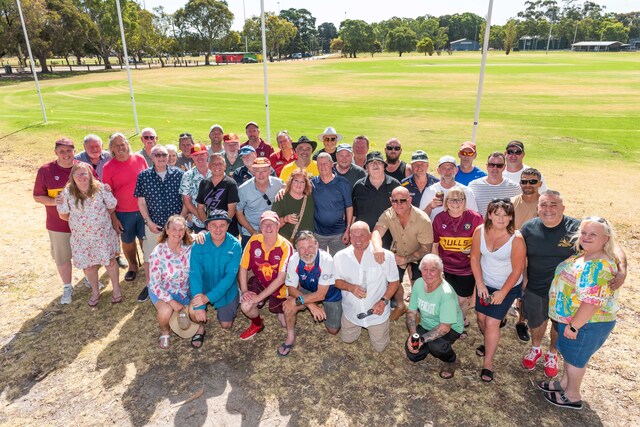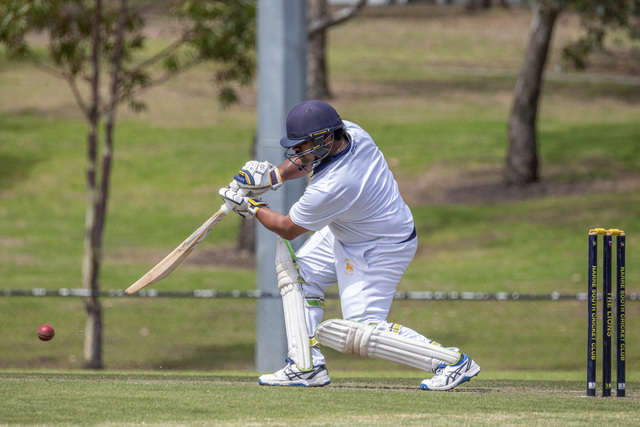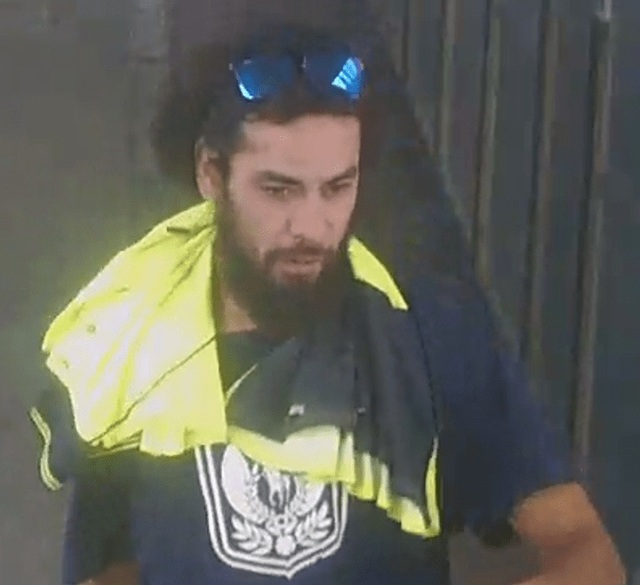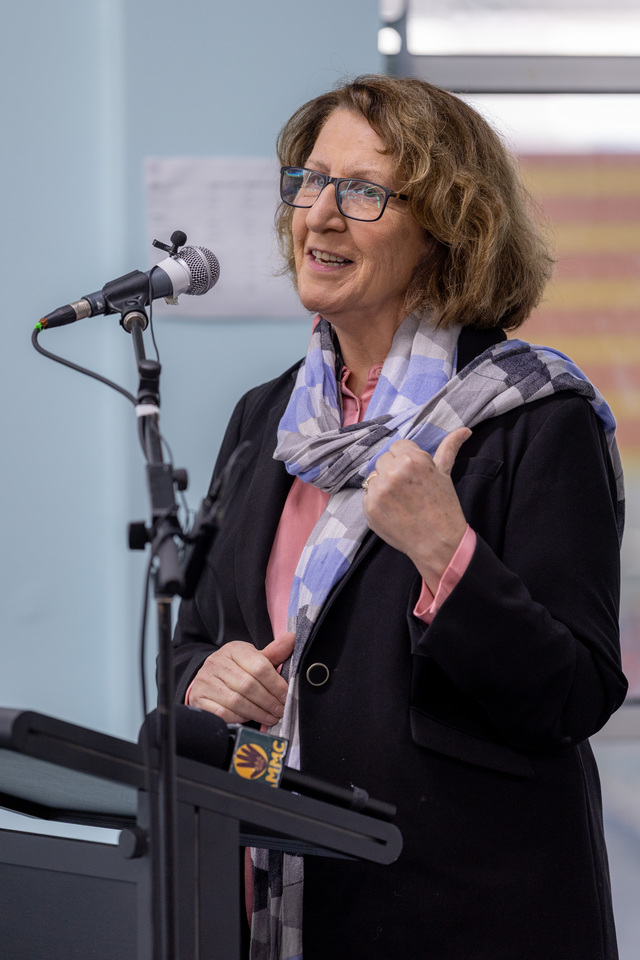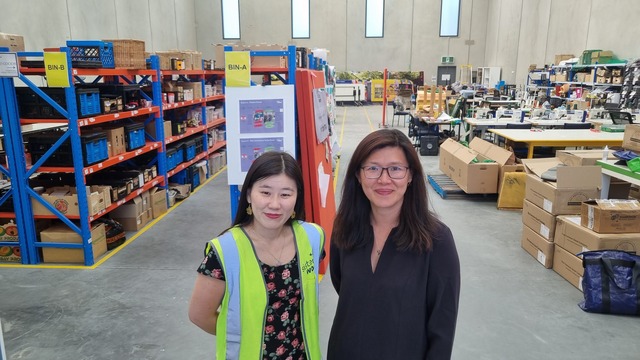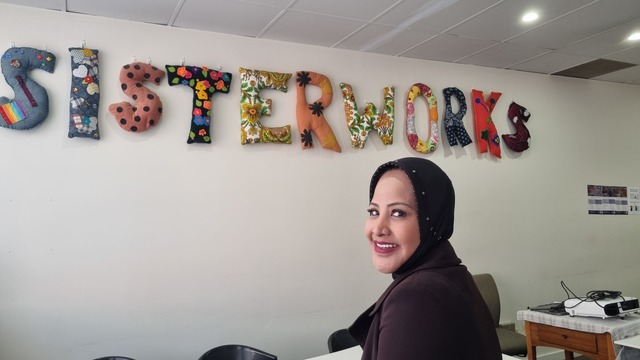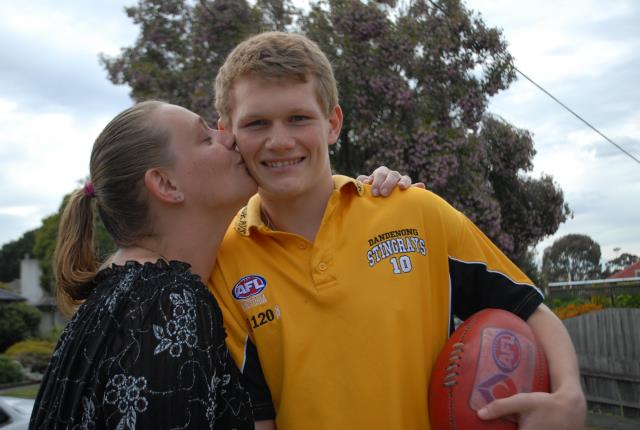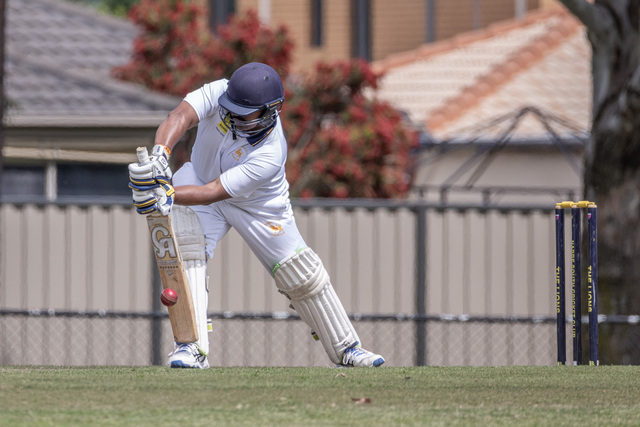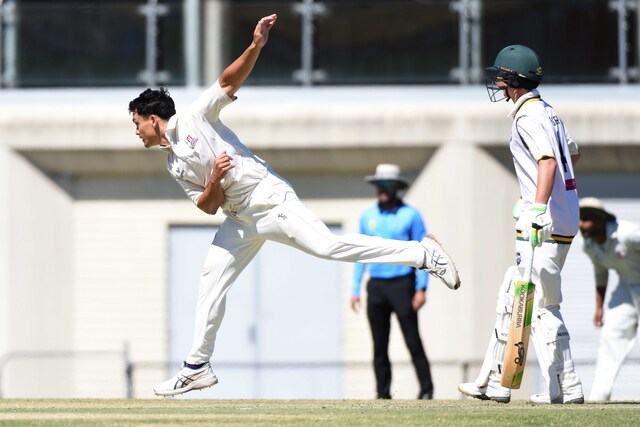
By CASEY NEILL
WAR has become a family affair for the Meehans, but Noble Park RSL president John hopes the tradition ends with him.
“I’m very proud of my grandfather and father, and all my other relatives that have gone away to protect our country,” he said.
“The family thing continued, but I would hate to think of my kids having to go to war.
“That’s why we commemorate the efforts of these blokes on Anzac Day.
“That’s why we’ve got to teach people all over the world about peace and communication. Keep on talking.”
John’s grandfather Lance Corporal William John Meehan signed up for World War I in Geelong in his early 20s.
He left Australian shores in September 1916 and returned two years later.
John said he was a machine gunner at first but applied to become a mechanic in the new tank recovery unit.
“I think he thought his life would be pretty short as a machine gunner,” he said.
He died at age 49 from emphysema caused by exposure to mustard gas during the war and a heavy smoking habit.
John said his death coincided with the start of World War II.
“He died of a broken heart as well,” he said.
“I never met my grandfather, which was a shame because I think he was a lovely bloke.
“He used to have nightmares and go into rants and rages. He never got over his illness.
“These World War I kids – a lot of them were only 14 when they went over – they just wanted to do this adventure thing for their queen and country in those days.
“They went away to protect Australia and for peace. They wanted the world to be at peace.
“Unfortunately 20 years later the world was at war again.
“Ten years after that they were in Korea, 10 years after that they were in Vietnam, 10 years later in the Middle East.”
John’s father Bryan John Meehan served in WWII.
“Initially he was in the militia. It was sort of a national service. They were able to bring them in but they weren’t supposed to go out of Australia,” he said.
“We had New Guinea as a protector of Australia.
“Our politicians said ‘well it’s still part of Australia’ so they were able to send them over there.
“My dad joined up with the second AIF.
“He was over in the islands. He suffered a lot of problems, with the heat, the dysentery, the malaria.”
John’s uncles also fought in WWII, battling the Japanese.
“My father brought home from the islands a map of Port Phillip Bay in Japanese,” he said.
“It’s got all the piers. They had all this ready to attack Australia.”
John was called up for National Service in 1967 during the Vietnam War. His childhood battle with polio wasn’t enough to earn him a reprieve.
“My mum had exercised me and got me walking,” she said.
“I wore callipers until I was 13.
“By the time I was 19 I could have knocked down a brick shithouse, I was that fit.
“When I went in I tried to make the most of it.”
Four of his cousins also received the call-up.
“It hurts us Vietnam vets to know that it’s still going on,” he said.
“It’s not over.
“These kids are coming back with the same post traumatic stress and problems that the Vietnam vets came back with, that the World War II guys came back with and our kids from World War I.
“Any war’s madness.”

